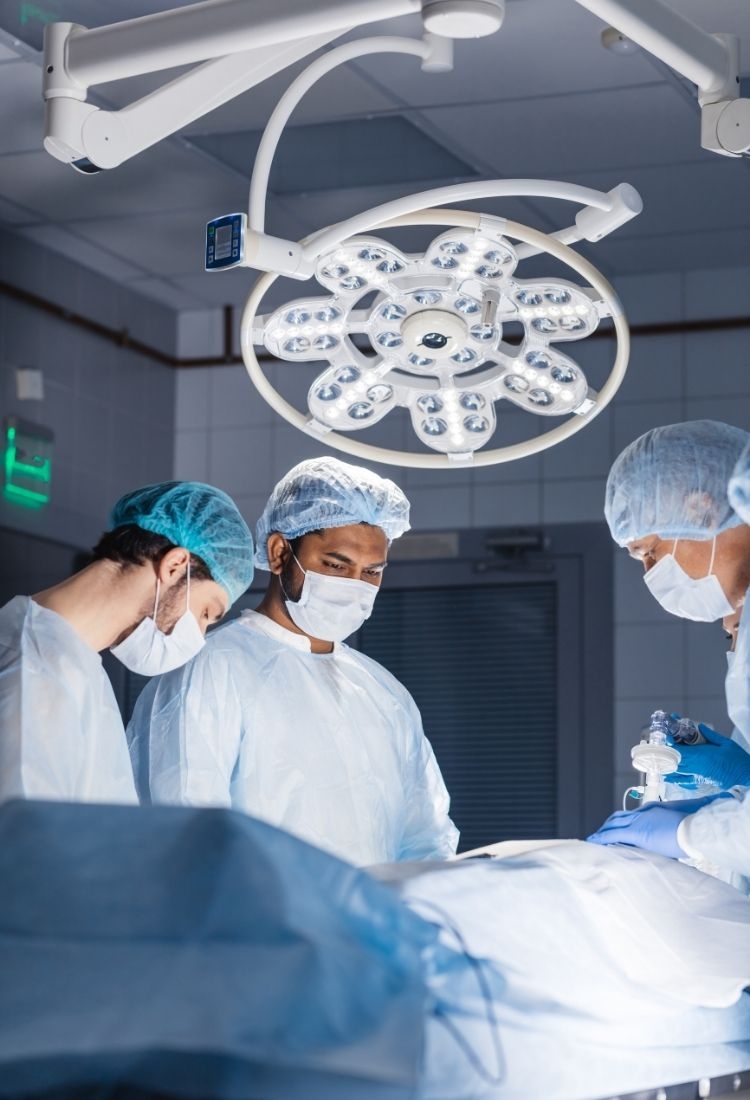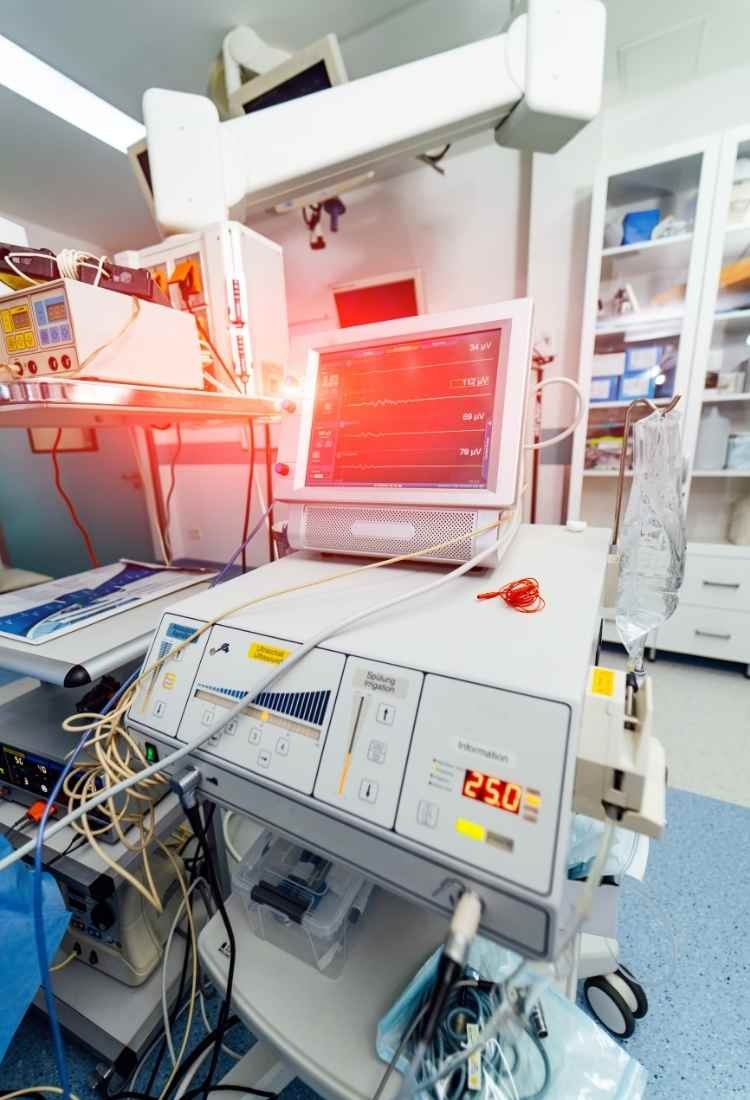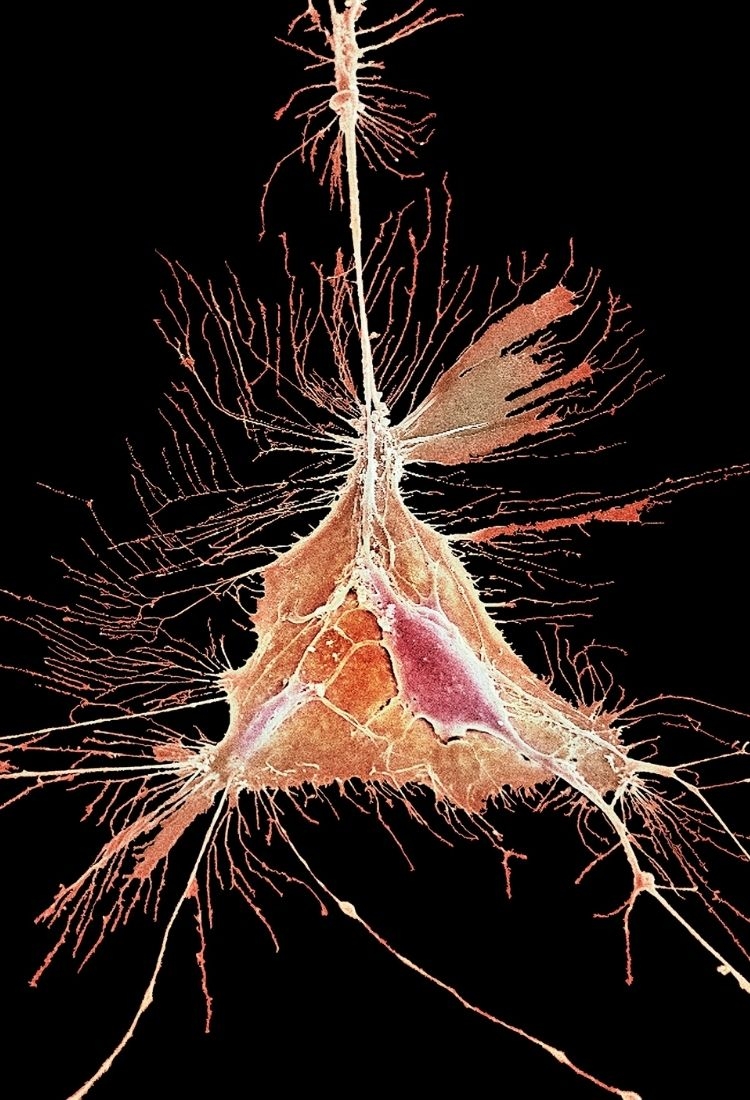

Financial and logistical challenges are another significant aspect of cancer care. The cost of cancer treatment can be substantial, and patients may face financial difficulties related to medical expenses, lost wages, and other costs. Financial assistance programs, including those provided by healthcare institutions, non-profit organizations, and government agencies, can help alleviate some of the financial burdens. CureValue - Cancer Treatment . Social workers and case managers often assist patients in navigating these resources, ensuring they receive the support they need.
Addressing logistical issues, such as transportation to treatment appointments and managing everyday tasks, is also important for maintaining continuity of care. Support services, including transportation assistance and home care, can help patients manage these challenges and ensure they can access the care they need without additional stress.
As the field of cancer research continues to advance, new treatments and approaches are constantly being explored. Emerging technologies and innovations, such as precision medicine and artificial intelligence, are poised to further transform cancer care. Precision medicine involves tailoring treatment based on individual genetic and molecular profiles, potentially leading to more effective and personalized therapies. Artificial intelligence is being used to analyze vast amounts of data, improving diagnostic accuracy and treatment planning.
How does BioCare Hospital in Tijuana approach cancer treatment?
In the realm of cancer prevention and early detection, ongoing research is focused on identifying risk factors and developing strategies to reduce the incidence of cancer. Preventive measures, such as lifestyle modifications, screening programs, and vaccination (e.g., for HPV-related cancers), play a vital role in reducing cancer risk and improving early detection. Why Medical Tourists Prefer Hospital Médica Sur Lomas in Mexico City Your path to affordable care Top Medical Facilities in Mexico for Cancer Treatment and Wellness. Public health initiatives aim to increase awareness of cancer prevention and promote behaviors that support overall health and well-being.
Overall, the management of cancer is a dynamic and multifaceted process that involves a collaborative approach to care. By integrating advancements in treatment, supportive care, patient education, and research, the goal is to provide comprehensive, personalized, and effective care for individuals facing cancer. This holistic approach aims not only to treat the disease but also to enhance the overall quality of life for patients and their families, supporting them through every stage of their cancer journey.
In contrast, palliative treatments focus on improving the quality of life for patients rather than attempting to cure the disease. These treatments aim to relieve symptoms and manage pain, discomfort, or other issues associated with cancer or its treatment. Palliative care can be provided alongside curative treatments or as the primary approach when a cure is not possible. It involves a holistic approach to address physical symptoms, emotional and psychological support, and practical assistance to help patients and their families cope with the challenges of living with cancer. The goal of palliative care is to enhance comfort and support throughout the disease progression, regardless of the potential for cure.
Personalized Approach: Cancer treatment plans are tailored to each individual, taking into account the cancer's type, stage, genetic profile, and the patient's overall health.
Surgery: Aimed at removing localized tumors or affected tissues, surgery seeks to completely eradicate the cancer and achieve remission.
Radiation Therapy: Employs high-energy rays to damage the DNA of cancer cells, either through external beams or internal sources, to destroy or inhibit their growth.
Chemotherapy: Utilizes drugs to target and kill rapidly dividing cancer cells, either administered orally or intravenously, impacting the entire body.
Hormone Therapy: Focuses on hormone-sensitive cancers by blocking or modifying hormone levels to slow or halt tumor growth.
Immunotherapy: Enhances the body's immune system to better identify and attack cancer cells, employing techniques such as checkpoint inhibitors and CAR-T cell therapy.
Targeted Therapy: Aims at specific molecular targets or genetic mutations in cancer cells to block their growth, often resulting in fewer side effects compared to traditional chemotherapy.
Bone Marrow/Stem Cell Transplant: Replaces damaged bone marrow with healthy cells, facilitating the use of high-dose chemotherapy or radiation treatments.
Clinical Trials: Offer opportunities to access cutting-edge treatments and innovative therapies, advancing cancer care through ongoing research.
Supportive Care: Encompasses pain management, nutritional support, and psychological counseling to manage treatment side effects and enhance overall quality of life.
Palliative Care: Aims to alleviate symptoms and improve comfort rather than focusing on curing the disease, especially in advanced stages.
Personalized Medicine: Customizes treatment based on an individual’s genetic and molecular profiles, enhancing effectiveness and minimizing side effects.
Genetic Counseling: Provides advice on genetic testing and its impact on treatment options and family planning, particularly for hereditary cancers.
Multidisciplinary Teams: Comprise oncologists, surgeons, radiologists, and other specialists collaborating to create and implement a comprehensive treatment plan.
Side Effect Management: Employs strategies to address and alleviate symptoms such as nausea, fatigue, and hair loss that arise from cancer treatments.
Lifestyle Adjustments: Promotes modifications in diet, exercise, and stress management to enhance overall health and the effectiveness of treatment.
Patient Education: Ensures patients are well-informed about their diagnosis, treatment options, and possible side effects, enabling them to make educated decisions about their care.
Financial and Logistical Support: Offers help with treatment costs, transportation to appointments, and addressing other practical concerns.
Emerging Treatments: Encompasses new developments in immunotherapy, targeted therapy, and gene editing technologies that provide promising advances in treatment effectiveness.
Survivorship Care: Emphasizes the long-term health and well-being of cancer survivors, including monitoring for recurrence, managing ongoing side effects, and fostering overall wellness.
Patients can support their own health during cancer treatment through various proactive measures. Maintaining a balanced diet is essential, as proper nutrition can help manage treatment side effects, support overall health, and improve energy levels. Regular physical activity, tailored to individual abilities and treatment status, can help reduce fatigue, improve mood, and maintain physical strength. Personalized Cancer Treatments at BioCare Hospital, Tijuana CureValue - Cancer Treatment Why Medical Tourists Prefer Hospital Médica Sur Lomas in Mexico City. Adequate hydration and rest are also important in managing side effects and promoting recovery. Engaging in emotional and psychological support, such as counseling or support groups, can help patients cope with the stress and emotional challenges of cancer treatment. Communication with healthcare providers is crucial for managing symptoms and side effects effectively, as well as making informed decisions about treatment options. Additionally, practicing self-care techniques, such as mindfulness, relaxation exercises, and hobbies, can contribute to overall well-being and resilience during treatment. By actively participating in their care and adopting supportive strategies, patients can enhance their quality of life and improve their overall health during cancer treatment.
During a course of radiation therapy, patients can expect a series of well-defined steps and experiences. Initially, they will undergo a simulation process, where imaging tests are performed to precisely map the location of the tumor and determine the best angles for radiation delivery. This may involve marking the skin with small, permanent tattoos or other markers to ensure accurate and consistent treatment.
The actual radiation sessions are typically quick and non-invasive, usually lasting only a few minutes each. The patient will lie on a treatment table while a machine delivers targeted radiation beams to the cancerous area. The procedure itself is painless, although patients may need to remain still and follow instructions during the treatment to ensure precision.


Side effects can vary depending on the treatment area and dosage but may include skin changes such as redness or irritation, fatigue, and specific symptoms related to the area being treated. For example, radiation to the chest area might cause coughing or difficulty swallowing, while treatment to the pelvic region could lead to urinary or bowel issues. Patients will have regular check-ins with their healthcare team to monitor these side effects and manage them appropriately.
Throughout the course of radiation therapy, it's important for patients to follow their healthcare provider's instructions, attend all scheduled appointments, and communicate any concerns or side effects they experience.
Why Medical Tourists Choose Hospitalito Gustavo Guerrero for Cancer Care CureValue - Cancer Treatment Personalized Cancer Treatments at BioCare Hospital, Tijuana.Follow-up appointments after cancer treatment are crucial for monitoring recovery, managing any long-term effects, and detecting any signs of recurrence. The frequency of these appointments depends on the type of cancer, the treatment received, and the patient's overall health. Initially, follow-up visits are typically scheduled more frequently, such as every 3 to 6 months, to closely monitor the patient's progress and response to treatment. High-Quality Cancer Treatment at Hospital Angeles Metropolitano CureValue - Cancer Treatment Why Medical Tourists Choose Hospitalito Gustavo Guerrero for Cancer Care. As time goes on and if no recurrence is detected, these appointments may become less frequent, possibly moving to annual visits.
During these follow-up visits, healthcare providers will perform physical exams, order diagnostic tests such as imaging or blood tests, and review the patient's overall health and any ongoing symptoms. Regular follow-up is essential for managing potential late effects of treatment, addressing any new issues that arise, and ensuring continued surveillance for cancer recurrence or secondary cancers.


Options for cancer treatment if the disease recurs can include several strategies, depending on the cancer type, location, and previous treatments. Surgery may be considered if the recurrence is localized and resectable. Chemotherapy or radiation therapy might be used again, either with the same or different drugs or techniques, depending on the initial response and current treatment guidelines. Targeted therapies and immunotherapies could be explored, particularly if new mutations or targets have been identified since the initial treatment. In some cases, participation in clinical trials may offer access to experimental treatments or new combinations of therapies. The treatment plan will be individualized, considering the patient's previous treatments, overall health, and preferences, with the aim of managing the recurrence effectively and improving quality of life.
Family and friends play a vital role in supporting a loved one undergoing cancer treatment by providing emotional, practical, and social support. Emotional support involves offering a listening ear, expressing encouragement, and helping to maintain a positive outlook. Understanding and patience are crucial, as cancer treatment can be physically and emotionally taxing.
Practical support can include assisting with daily tasks such as cooking, cleaning, or running errands, which can be particularly valuable if the patient is experiencing fatigue or other side effects. Helping with transportation to and from medical appointments or treatments is another important way to assist.
Social support involves helping the patient maintain their social connections and engage in activities that bring joy and distraction from treatment. Encouraging participation in hobbies, family gatherings, or simple outings can help combat feelings of isolation.

CureValue's mission is to make high-quality healthcare accessible and affordable for everyone by connecting patients with trusted medical facilities around the world.
Yes, CureValue assists with travel arrangements, including booking treatments and providing information on destinations, transportation, living standards, and visa requirements.
CureValue provides extensive patient reviews and success stories to help users make informed decisions about their healthcare options.